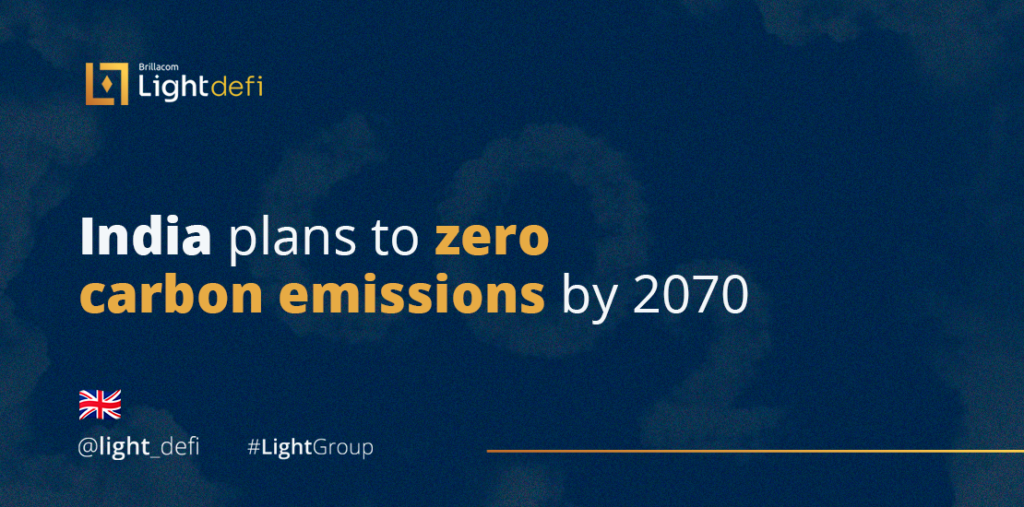The whole world follows the evolution of the United Nations Conference on Climate Change 2021 (COP26). The event is in Glasgow, Scotland, and brings together representatives from nearly 200 countries until November 12, 2021.
Countries like the United States, China, and Brazil have discussed climate change and global warming for almost two weeks. Through sustainable initiatives, the proposal is to reduce carbon emissions into the atmosphere.
Countries like India need to reduce carbon emissions, and this could become a reality by 2070. According to the announcement by Indian Prime Minister Narendra Modi, the country is expected to zero carbon emissions into the atmosphere in less than 50 years.
Considered one of the most polluting countries globally, India has announced other measures to curb global warming. Before zeroing carbon emissions by 2070, the country plans to invest in renewable energy production initiatives.
According to the country’s plan to reach the Paris Agreement, by 2030, the country should produce 500 GigaWatts (GW) of energy from renewable sources. With this goal for the next nine years, India intends to use sustainable sources of up to 50% of the energy produced by the country.
Before that, India had a lower rate, stating that by 2030 the country would reach 40% of energy from sustainable sources. Currently, the government uses coal as the primary fuel source for the production of electricity.
In total, 70% of the electricity produced in India uses coal as an energy source. Considered the third-largest carbon emitter in the world’s atmosphere, the country intends to change its energy matrix to comply with the Paris Agreement.
Signed in 2015 by nearly 200 countries, the Paris Agreement is a treaty that aims to contain global warming through sustainable initiatives. Committed to changing this reality, countries like India need to change habits that pollute the environment. According to studies on global warming, the temperature around the world could increase by 3.6 Fº in the next few years.
For the Indian prime minister, rich countries should finance sustainable initiatives in developing countries. He said that $1 trillion is needed to fund projects to preserve the environment and prevent carbon release into the atmosphere.
Source: Washington Post


